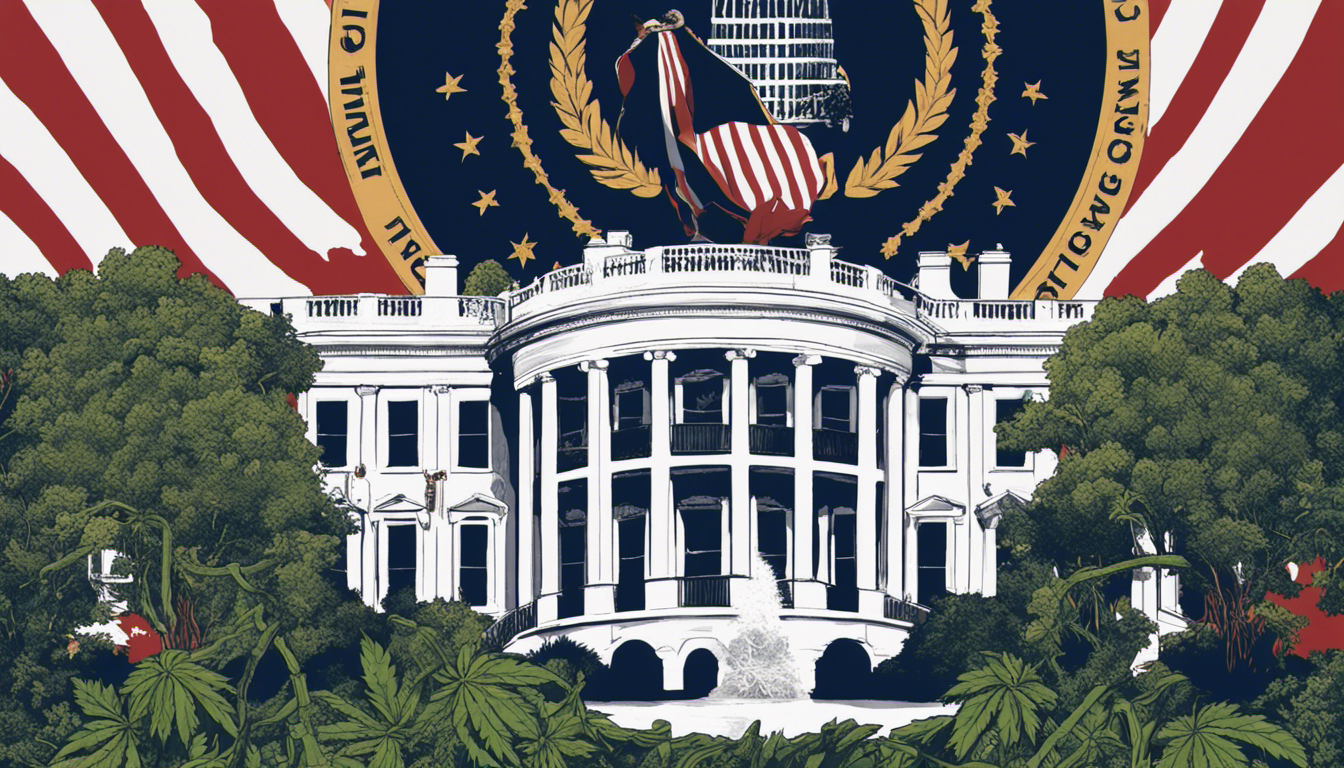New Bill Aims to Remove Restriction on White House Drug Czar’s Ability to Advocate for Marijuana Legalization
A bipartisan group of Democratic lawmakers has introduced a bill that would repeal a restriction preventing the White House drug czar from advocating for the legalization of marijuana or other Schedule I drugs. The “Evidence-Based Drug Policy Act” aims to remove outdated language from the Controlled Substances Act (CSA) that prohibits the Office of National Drug Control Policy (ONDCP) from promoting reform around Schedule I drugs.
The current law prohibits the use of funds provided to ONDCP for any study or contract relating to the legalization of a substance listed in Schedule I, and requires the office’s director to actively oppose any attempt to legalize the use of a substance that has not been approved for medical purposes by the Food and Drug Administration (FDA).
The new bill would repeal this statutory language, allowing the White House drug czar to advocate for marijuana legalization and other reforms. The bill’s co-chairs, Reps. Dina Titus (D-NV) and Ilhan Omar (D-MN), argue that the current restriction is “ludicrous” and prevents the ONDCP from developing evidence-based drug policies.
The bill has been endorsed by a range of advocacy organizations, including the Drug Policy Alliance, the National Cannabis Industry Association, and NORML. The organizations argue that the bill would allow the ONDCP to develop policies based on science, rather than outdated ideology.
The bill is part of a broader effort to reform the country’s drug policies. In addition to repealing the restriction on the White House drug czar, the bill would also end federal prohibition in legal states and free up the industry to access banking services.
The bill’s passage is uncertain, but it has the support of some key stakeholders, including the recently appointed drug czar, Sara Carter, who has previously expressed support for medical marijuana and legalization.












